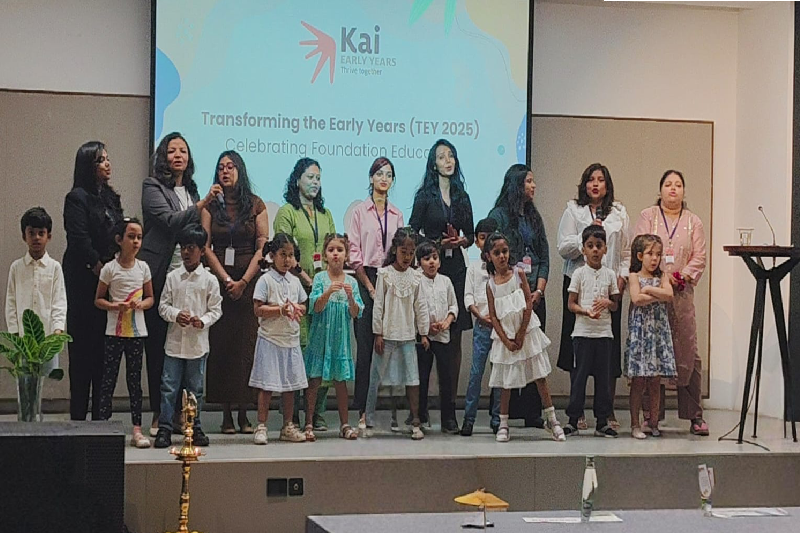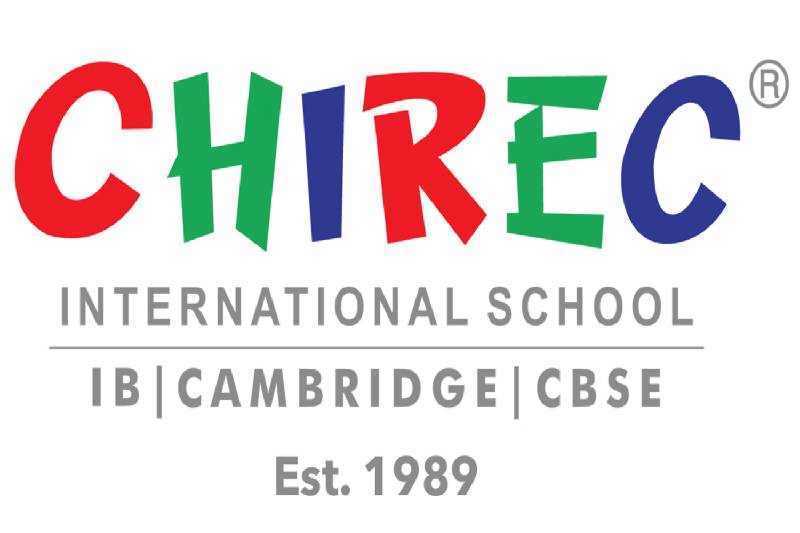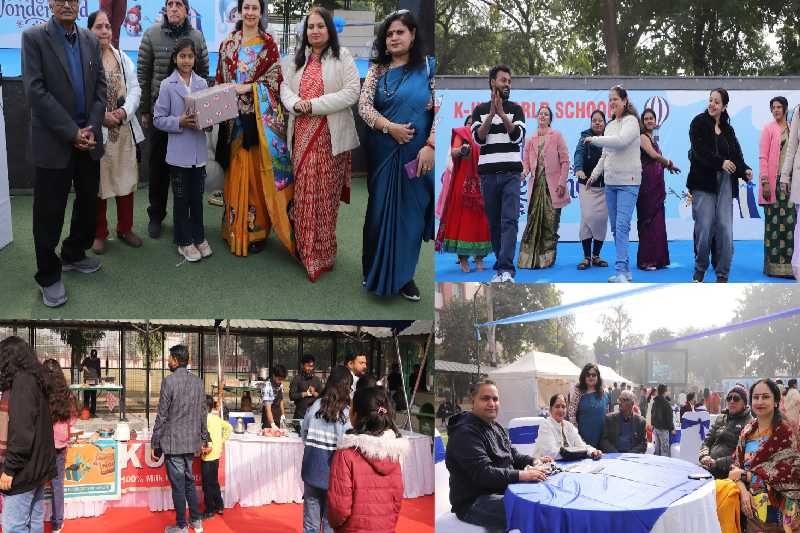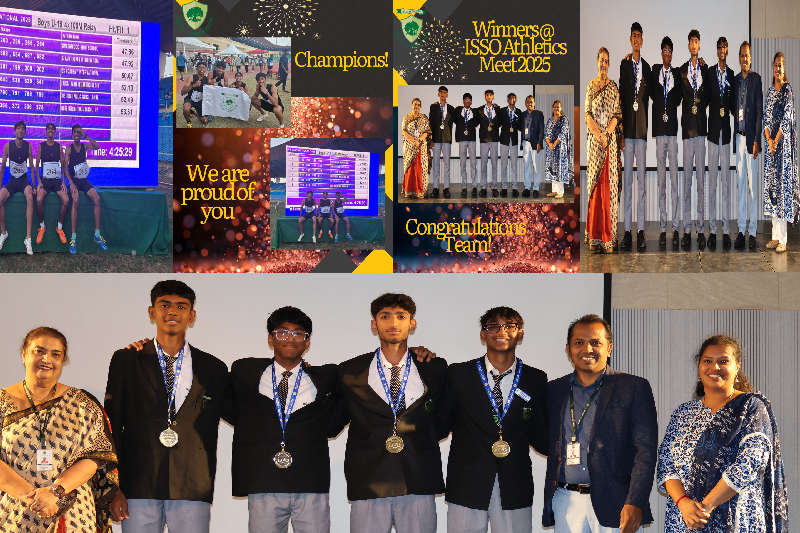
Transforming the Early Years: Kai’s Inspiring Event in Bengaluru
On Saturday, September 13, 2025, Kai Early Years organized an Influential teacher development initiative titled “Transforming the Early Years” at the Bangalore International Centre, Indiranagar. The event was attended by educators, school leaders, early years practitioners, and educational thought leaders. Its primary goal was to provide a platform for knowledge sharing, reflection, and celebration of early childhood educators’ contributions to foundational learning.
Purpose and Significance
Early childhood education is widely acknowledged as a cornerstone for a child’s academic, social, and emotional growth. The event was designed to enhance pedagogy and professional practice during these vital years to showcase educators' pivotal role in shaping young learners’ holistic development. It focused on teacher training, innovative classroom strategies, and reflective practices, while offering valuable perspectives on practical approaches in early childhood education.
The program opened with a warm welcome and a formal tribute to educators, establishing an atmosphere of respect and appreciation. Speakers highlighted that teaching in the early years goes far beyond academics—it fosters curiosity, builds emotional strength, and nurtures essential social skills.
Keynote Address by Dr. Swati Popat Vats
Dr. Swati Popat Vats, President of the Early Childhood Association of India, delivered the keynote address, drawing upon her extensive experience as an educator, author, and policy advocate. She underscored the need to place early childhood education at the center of the larger educational framework. In her address, Dr. Vats emphasized the value of creating progressive learning environments, adopting child-centric teaching practices, and upholding rigorous quality standards in early childhood classrooms. She described teachers as the true architects of children’s futures, recognizing them as “brain builders.” She also highlighted that ongoing professional development is essential to ensure inclusive, equitable, and deeply impactful education for every learner.
Workshops: Focused Professional Development
The event featured three workshops, each designed to provide practical frameworks and strategies for classroom application:
- Cultivating Deep Thinking through Concept-Based Learning (CBL)
The workshop, led by Ms. Manju Nair, Pedagogical Leader at an IB World School, focused on the principles of concept-based learning and its impact on classroom practice. It encouraged educators to move beyond rote or surface-level teaching and foster more profound understanding. Participants engaged with strategies that help children make connections, pose thoughtful questions, and acquire knowledge that can be applied across contexts. From global best practices, Ms. Nair illustrated how concept-based learning nurtures critical thinking skills from the earliest years.
- Reflective Teaching: Adapting Practice to Children’s Needs (RT)
In this session, Ms. Sharayu Thampi, Head of School at Kai Early Years, highlighted the value of reflective teaching as a pathway to enhancing classroom effectiveness. Drawing on over two decades of experience in IB-PYP and Montessori education, she guided participants to thoughtfully evaluate their teaching methods and adjust them to align with children’s changing needs. The discussion covered responsive lesson planning, observation-based insights, and flexible routines to foster well-rounded development.
- Sensitive Periods of Development: Nurturing Growth from Birth to Age Eight (SPD)
Led by Ms. Anahita K. Gandhi, Director of Training at the Montessori Institute of Bangalore, this workshop explored the vital developmental phases that occur between birth and eight years of age. Rooted in Montessori principles, the session emphasized recognizing and responding to these sensitive periods in children’s growth. Educators were guided on creating purposeful learning environments that align with each stage, enabling them to nurture children’s potential at the right time.
Empowering Educators: Collaboration, Innovation, and Recognition
A key feature of the event was the Resource Showcase, providing educators with exposure to cutting-edge teaching tools, curriculum materials, and educational resources. Attendees discovered practical ways to boost classroom engagement and incorporated innovative strategies into their instructional practices. The event also highlighted the importance of collaborative learning for educators. Through Professional Learning Circles, participants exchanged ideas, discussed challenges, and shared experiences. This peer engagement fostered reflective practice, enabling attendees to explore new approaches and strategies for tackling classroom challenges more effectively. Moreover, the event created an environment that recognized educators as pivotal in shaping children’s early development. Through a mix of keynote addresses, hands-on workshops, and interactive sessions, Kai Early Years offered a well-structured platform to celebrate teachers’ contributions and provide them with actionable professional strategies for effective classroom implementation.
Conclusion
The Transforming the Early Years event emphasized the significance of continuous professional development in early childhood education. It provided educators with practical strategies to enhance classroom practices, facilitated peer-to-peer learning, and highlighted their vital role in nurturing young learners. A key takeaway from the program was that teachers are not merely conveyors of information—they are actual “brain builders,” shaping children’s cognitive, social, and emotional growth. The event reinforced that early childhood educators play a crucial part in society’s future, guiding children during their formative years and leaving a lasting, transformative impact beyond the classroom



